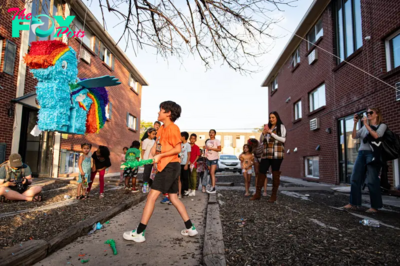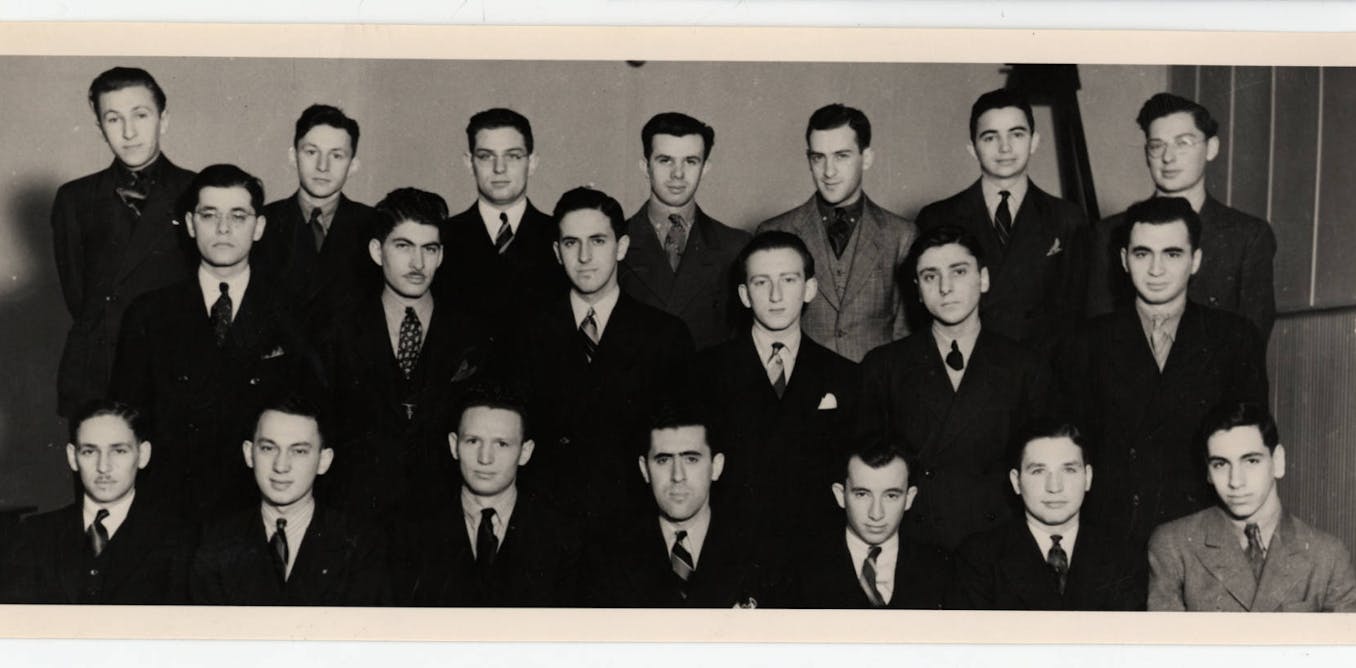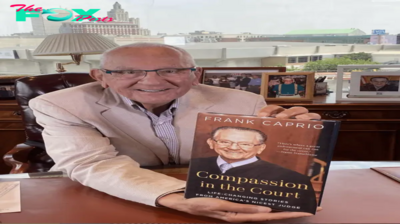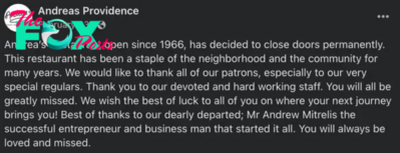Education
GriefSPEAK: Voir Dire – Mari Nardolillo Dias
by Mari Nardolillo Dias, EdD, contributing writer on grief and grieving
The receptionist at her PCP reviewed Katerina’s information. “Any changes in address, insurance, emergency contact information?” Katerina lost her breath; however, the receptionist did not notice as she never looked up from her computer. She repeated, “Katerina, is all the information the same?”
Katerina remained mute, her thoughts extremely loud. “How do I explain that the love of my life, my partner, my ride or die, my emergency contact, is dead? How is it that I didn’t prepare for this? Never even considered it?
I have avoided all the “triggers”. I have mapped out and circumvented people, places, objects, music… and stairs. I cannot look at stairs. Lucy fell down them. I keep picturing her stumbling and tumbling down those cement steps. Outside our apartment. Landing on the pavement. Unresponsive. And I was not home. The hospital tells me she died from a brain aneurysm. From the fall? Or did the aneurysm cause the fall? I should have requested an autopsy. Would that have given me the answer? The unanswered is making me mad. I think if I knew I might be able to get over this grief. This guilt.
I know, I know, magical thinking: Should have, could have, would have – I can’t stop the thoughts. My grief therapist said one cannot avoid or prepare for all the triggers in the world. We need to be proactive and EXPECT the triggers. Otherwise, I might become a recluse. That doesn’t sound half bad. My therapist wants to use something called desensitization – with the stairs issue. We will begin with a photograph of stairs and progress through baby steps until I can walk down a set of stairs. The entire process terrifies me.
Maybe I don’t want to let go of the grief. The guilt. It keeps me connected to Lila. If I get better, it means I really didn’t love her as much as I thought I did. I need to remember. Forever. I can’t remember forever if I let go of the pain of her passing. Of my absence at the time.
Katerina manages a minor, short lived exhale as she hears the question once again. “Excuse me, Miss. Has any of your information changed?” “How long have I been standing here? Katerina asked herself.” Seems like hours. Lost in the reverie. The theater of her mind.
She looked up to find the receptionist meeting her eyes. “Voir Dire. No, the emergency contact information has changed. She’s dead. “
“I’m so sorry for your loss,” the receptionist replied, in the voice that everyone uses when they feel awkward, uncomfortable. “Who should I enter as your emergency contact?”
“No one. There isn’t anyone left.”
___

Dr. Mari Nardolillo Dias is a nationally board-certified counselor, holds a Fellow in Thanatology and is certified in both grief counseling and complicated grief. Dias is a Certified death doula, and has a Certificate in Psychological Autopsy.
She is Professor of Clinical Mental Health, Master of Science program, Johnson & Wales University. Dias is the director of GracePointe Grief Center, in North Kingstown, RI. For more information, go to: //gracepointegrief.com/ Dr. Dias is the author of GriefSpeak
-

 Education23m ago
Education23m agoWhat would it mean if President-elect Trump dismantled the US Department of Education?
-

 Education2d ago
Education2d agoPhiladelphia students have a new reading and writing curriculum − a literacy expert explains what’s changing
-

 Education2d ago
Education2d agoWhy school police officers may not be the most effective way to prevent violence
-

 Education3d ago
Education3d agoColorado schools commit to protecting students ahead of potential mass deportation
-

 Education5d ago
Education5d agoCampus diversity is becoming difficult to measure as students keep their race and ethnicity hidden on college applications
-

 Education6d ago
Education6d agoFederal judge rules that Louisiana shalt not require public schools to post the Ten Commandments
-

 Education6d ago
Education6d agoCampuses are ground zero in debates about antisemitism − but that’s been true for 100 years
-

 Education1w ago
Education1w agoSocioeconomic status explains most of the racial and ethnic achievement gaps in elementary school



























